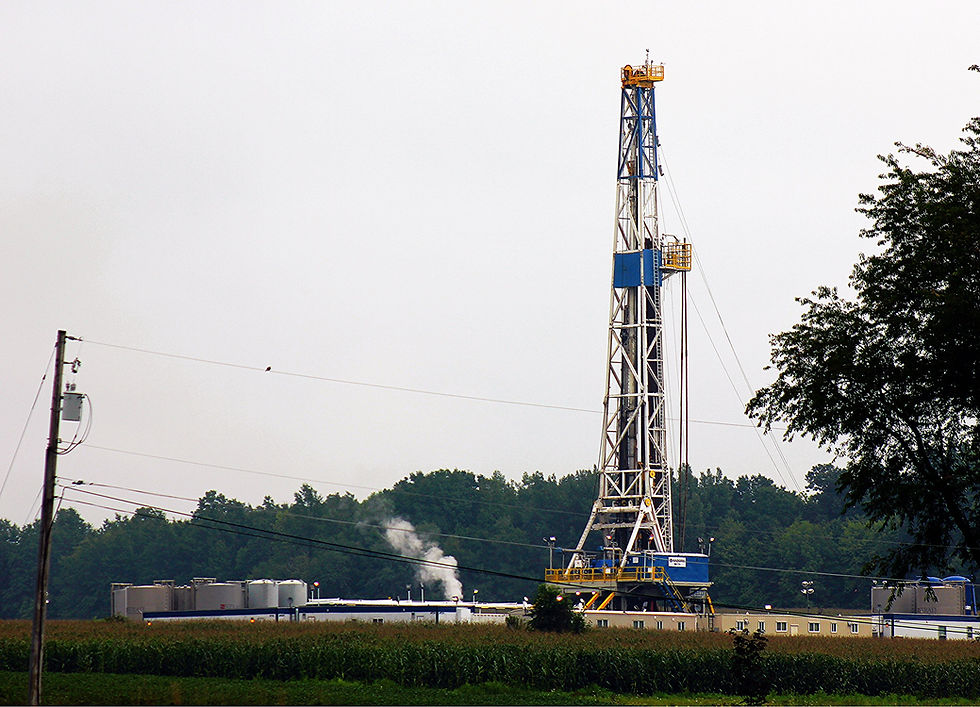Labour are making 1 huge mistake when it comes to UK energy security
- Jul 29, 2025
- 3 min read
Labour and the SNP believe the state is always right.

When it comes to new energy infrastructure, it often feels that the people proposing these projects or waving them through don’t have any real understanding of how communities or our landscape will be affected.
I am supportive of decarbonisation – but it must be done in a way that is sustainable, delivers for local communities, and protects our energy security.
There is no better example of this than the Labour government’s arbitrary 2030 target for decarbonisation of the grid. There was no reason to do this.
The Climate Change Committee wasn’t calling for it. It forces gas off the grid before alternatives like hydrogen have had a chance to come down in cost. It restricts the role of nuclear, as new power stations won’t be able to come online fast enough and means the government will roll out new renewable and pylon projects in such a rapid way that it bulldozes local communities’ concerns.
I represent the Scottish Borders. It is beautiful – and remains so – but it is under attack from far too many energy infrastructure projects, being built far too fast.
Our nation does need more home-grown clean energy - whether for our energy security, to unlock affordable energy bills, to create new, high-paying jobs across the UK, or even to leave behind a greener, cleaner nation for our children and grandchildren.
But local communities need to feel part of that journey. There is a way to do that.
Firstly, new energy infrastructure must be spread more equally across communities. It is simply not fair or right for single areas to be overwhelmed and burdened by new energy infrastructure.
Secondly – where new energy infrastructure is established – the communities directly affected must see real, genuine benefit.
That is why, as part of the Planning and Infrastructure Bill, I called on the government to establish new community benefit funds for compulsory purchase. This will ensure affected communities are empowered and financially supported to mitigate the impact and help improve services in their local area, which is especially important in the most rural and isolated communities.
The Labour Government has proposed £250 off energy bills for communities affected for ten years – but the reality is that this is simply not enough for the impact these communities face.
My amendment would have ensured that – when compulsory purchase takes place for new energy infrastructure - those communities would be provided with a community benefit fund. This would fund real, tangible improvements to local areas, as the contribution to it must be at least 20% of the purchase price of the land. This will provide communities with funding to help improve their areas and support meaningful local projects, as they see fit. It could be to provide public transport to those areas not currently served, or new community assets, but the crucial thing is – the local community must decide how that benefit is realised.
We also must not forget about the importance of other clean energy sources too.
Nuclear has a key role to play. Torness Nuclear Power Station directly and indirectly employs hundreds of my constituents. It is Scotland’s most productive low-carbon asset and has generated 290 terawatt-hours of zero-carbon electricity – enough to power every home in Scotland for twenty-nine years.
But the SNP has an ideological obsession against any form of nuclear power. The First Minister, John Swinney, even said he was “not a fan of the nuclear industry” and that he “never will” back investment into new nuclear power plants.
First published by The Daily Express. John Lamont is the Member of Parliament for Berwickshire, Roxburgh and Selkirk




Comments